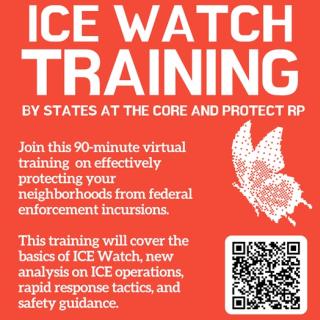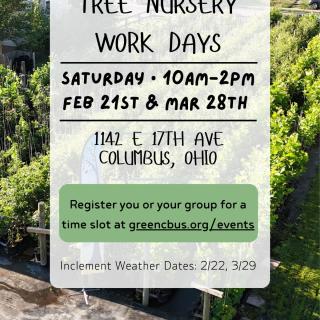The right to peacefully protest is constitutionally protected. Please see the tips below on what to do if you are confronted by law enforcement during a protest.
Your Rights As a Protester
- You are required to provide your name, address, or date of birth to a law enforcement officer upon request.
- You can be arrested for refusing to identify yourself to an officer.
- What you say to the police can be used against you, and it can give the police a pretext to arrest you - especially if you "bad mouth" an officer.
- You do not have to consent to a search of yourself or your car.
- The government can limit speech by imposing "time, place, or manner" restrictions, for example, by requiring permits for demonstrations and rallies.
- The First Amendment does not protect speech that incites violence, is obscene, or is threatening.
- It is a federal crime to threaten to harm the President, the Vice President, or a major candidate for either office.
- If you endanger others by your means of protest, you can be arrested. A protest that blocks traffic is illegal without a permit.
- You have the right to distribute literature, chant, and engage the public, but you do not have the right to block a building entrance or physically harass people.
- Protesting on private property is not protected by law.
- Interfering with, touching, or verbally antagonizing the police could result in arrest.
- Avoid carrying any drugs or weapons. If you happen to be arrested, you could face additional charges for their possession.
- Do not run or resist. It may result in additional charges.
- The process, from arrest to release on bail, should take 24-36 hours.
- The police will ask you for basic biographical information and will take your fingerprints and photograph, unless you have been charged with a very minor crime.
- You will then be interviewed by a court agency so that bail can be assessed. You do not have to answer their questions, but giving accurate information will speed the process.
- You can hire an attorney to represent you at the arraignment and present arguments regarding bail.
- The judicial officer will set bail according to several factors (local connections, seriousness of the crime, how many other protesters have been arrested, etc.)
- There are three main types of crimes that you could be charged with. They are, from least to most severe, a minor misdemeanor, a misdemeanor offense, and a felony offense.
*Adapted/condensed from the ACLU Publication "Protesters: Know Your Rights! The information is provided for informational purposes only, and should not be construed as legal advice.


